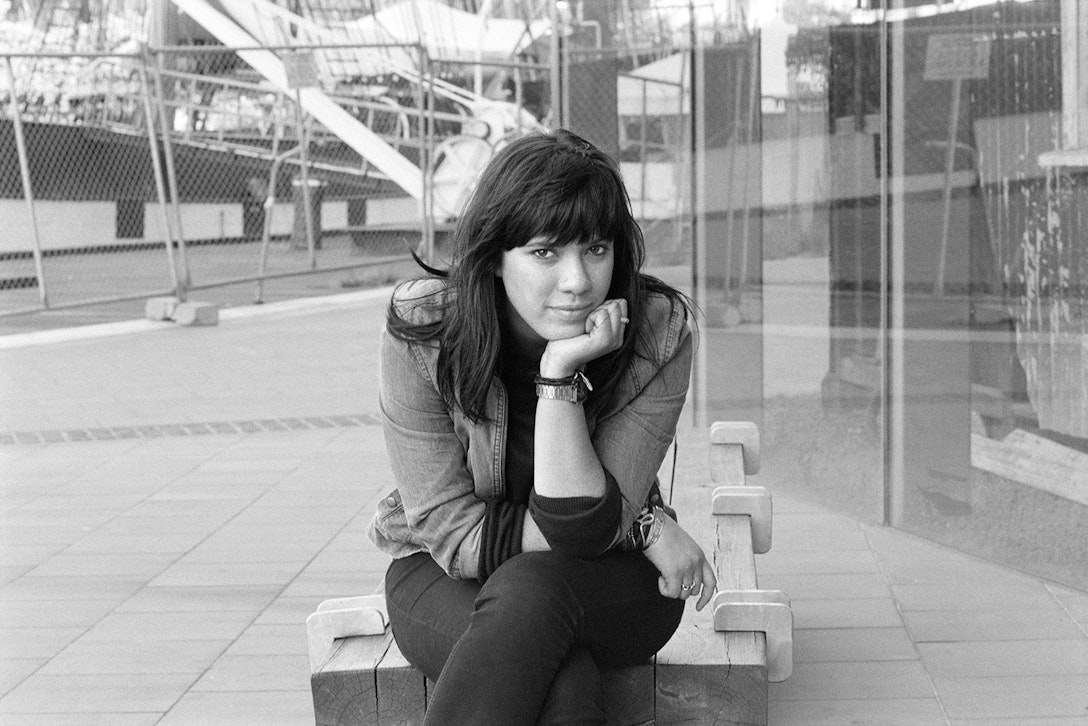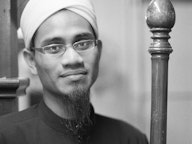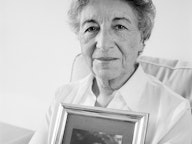
Shadi Toloui-Wallace
Brisbane, Queensland, Australia
THE RADICAL INCLUSIVENESS OF THE BAHÁ'Í
I wrote a song called ‘Oh Nightingale’ and it’s on the album. In it I said, ‘Surrender yourself to his will,’ because I was really struggling. As a Bahá’í, I just had this amazing experience but what did that mean to the world? How was I supposed to apply it into my daily existence and how could I influence other people to become better people? And so when I came back, it was definitely the hardest time of my life, and the time I really depended on God to give me strength.
Daniel’s Reflection
I met Shadi Toloui-Wallace at the Parliament of the World’s Religions in Melbourne in 2009. She was performing for the 6,000 delegates at the opening night ceremony, and the words of her Baháʼí Unity prayer immediately spoke to me: “O my God! O my God! Unite the hearts of Thy servants, and reveal to them Thy great purpose.”
Shadi is a Baháʼí singer and songwriter who puts Baháʼí prayers to her own musical compositions and has now recorded four albums. Shadi is a beautiful soul who, already at age 20 when we recorded this interview, had a sense of the world we live in and the world it could be. I am so grateful that Shadi was able to perform at the launch of Portraits in Faith in May 2013 and in our 2020 virtual concert series for protection and healing during COVID-19.
Meeting Shadi also opened the door for me to better understand the Baháʼí faith and it’s radical inclusiveness. The Baháʼí faith believes in “successive revelation” which means they believe in all the major prophets of all religions and that God has sent the messenger we need at each moment in time. Furthermore, the key beliefs of the Baháʼí line up perfectly with progressive beliefs across most religions. The Baháʼí faith provides the means for peace and tranquility through a progressive set of social teachings: The oneness of humanity, the harmony of science and religion, gender equality, separation of church and state, elimination of prejudice, abolition of the extremes of wealth and poverty, and independent investigation of the truth. The Baháʼí have no clergy and their temples and centers welcome everyone. There is so much we can learn from the radical inclusiveness of the Baháʼí.
Shadi Toloui-Wallace was the person who opened my world to the Baháʼí faith and to the many beautiful souls I have met as a result.
Permissions and References
Explore the portraits by theme
- happiness
- grief
- addiction
- sexuality
- sobriety
- transgender
- alcoholism
- suicide
- homelessness
- death
- aggression
- cancer
- health
- discipline
- abortion
- homosexuality
- recovery
- connection
- enlightenment
- indigenous
- depression
- meditation
- therapy
- anger
- forgiveness
- Doubt
- interfaith
- worship
- salvation
- healing
- luminaries

